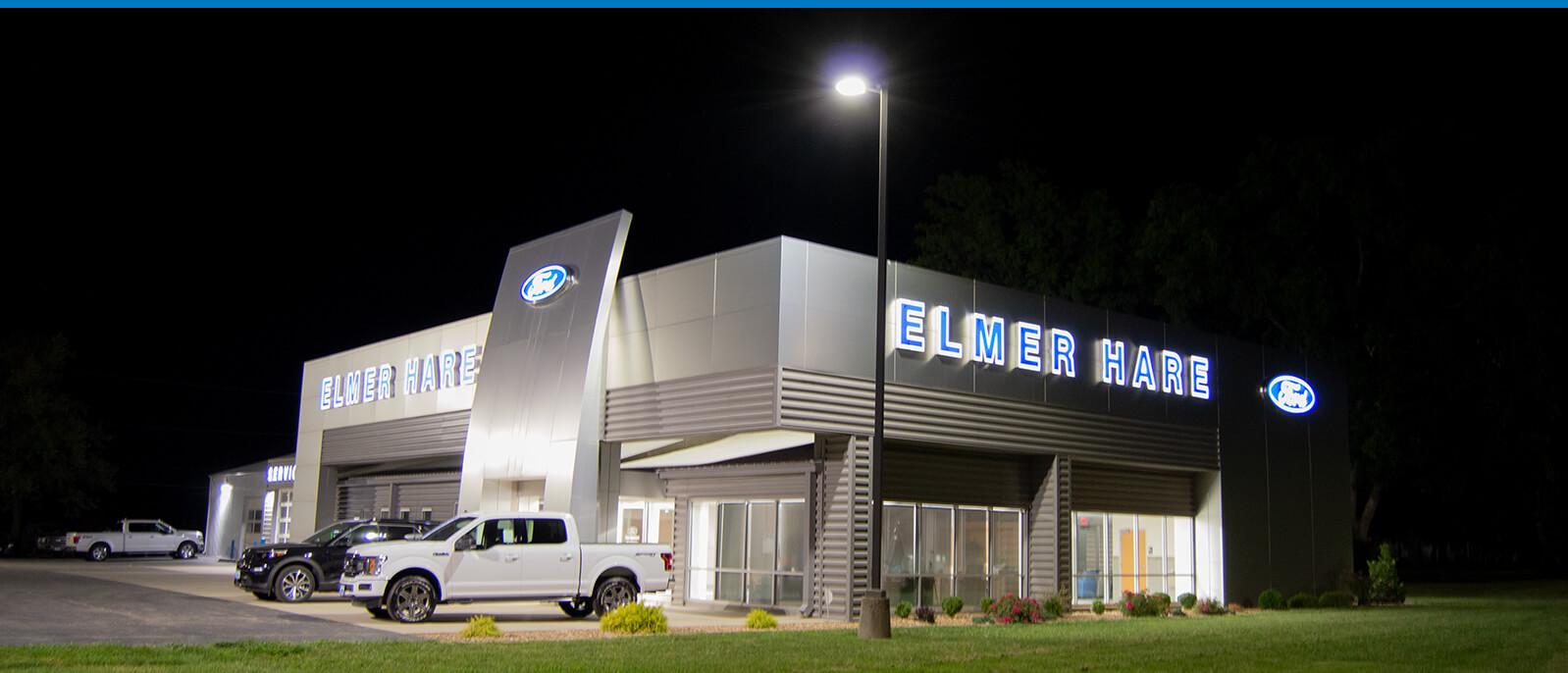Demystifying Auto Leasing: A Comprehensive Introduction of the Refine and Trick Considerations for Success
Navigating the world of automobile leasing can frequently appear like analyzing a complex puzzle, with numerous terms, conditions, and factors to consider to be evaluated. From comprehending the basic principles of cars and truck leasing to tactically selecting lease terms that line up with your lifestyle and spending plan, there are pivotal elements to consider.
Comprehending Vehicle Leasing Essential
To comprehend the fundamentals of cars and truck leasing, one must initially realize the idea of a leasing arrangement and its essential components. A leasing agreement is a contract between an individual or organization (the lessee) and a leasing business (the lessor) that permits the lessee to use the automobile for a specific period in exchange for regular monthly repayments. The main components of a leasing agreement consist of the lease term, which determines the period of the lease; the mileage allowance, describing the optimum variety of miles the lessee can drive annually without sustaining additional charges; and the monthly repayment quantity, which is based upon factors such as the automobile's depreciation, rate of interest charges, and taxes.
In addition, recognizing the idea of capitalized expense is crucial in automobile leasing. This describes the complete price of the vehicle, including any extra charges or fees, that the lessee concurs to pay over the lease term. By comprehending these essential components of a leasing contract, people can make educated choices when thinking about renting an automobile.
Pros and Cons of Auto Leasing
Exploring the benefits and downsides of vehicle leasing supplies valuable understandings for individuals considering this economic option. One of the primary advantages of leasing a cars and truck is the reduced month-to-month repayments contrasted to buying.
On the downside, one of the substantial drawbacks of vehicle leasing is the gas mileage restrictions enforced by renting arrangements. Going beyond the designated gas mileage can result in expensive overage costs at the end of the lease. Furthermore, considering that the lessee does not own the car, customization choices are restricted, and any extreme damage might sustain added fees upon lease return. Recognizing these cons and pros is critical for making an educated choice concerning whether vehicle leasing lines up with your economic objectives and lifestyle.
Financial Considerations and Budgeting
Prior to committing to an automobile lease, review your current economic health. Evaluate your income, expenditures, and overall budget plan to establish just how much you can comfortably allocate towards month-to-month lease repayments.
Budgeting for a cars and truck lease includes more than just regular monthly settlements. Recognizing the terms of the lease contract, including gas mileage limitations and possible charges for surpassing them, is essential for budgeting precisely.

Choosing the Right Lease Terms
When selecting the appropriate lease terms for a lorry, it is vital to very carefully analyze the details requirements and problems that align with your driving routines and monetary objectives. Much shorter lease terms generally supply lower overall expenses and more regular possibilities to update to newer models, yet they typically come with higher monthly payments. On the other hand, longer lease terms usually result in lower month-to-month repayments yet might secure you into a lorry for an extended duration, possibly creating you to exceed gas mileage limitations or incur extra wear and tear charges.
Taking Care Of End-of-Lease Options
Upon nearing the conclusion of your car lease contract, honda civic dealership it comes to be critical to move emphasis towards efficiently taking care of the various end-of-lease alternatives available to you. As the lease term approaches its end, there are normally 3 primary choices to consider: returning the car, buying it outright, or discovering the opportunity of renting a new auto.
Returning the vehicle is an uncomplicated choice where you return the car to the dealership, ensuring you have satisfied all the lease terms and conditions to stay clear of any kind of additional charges. Acquiring it outright can be a sensible selection if you've expanded affixed to your rented automobile or locate it fits your demands flawlessly. This alternative allows you to possess the car after completing the lease contract by paying the agreed-upon residual value.
On the various other hand, if you delight in the benefits of leasing, such as driving a new car every couple of years, you might choose to this contact form explore leasing a brand-new vehicle. This option allows you to proceed delighting in the most up to date attributes and innovations while staying clear of the upkeep expenses connected with older cars. Understanding and carefully examining these end-of-lease alternatives will help you make an informed choice that straightens with your choices and used ford dealership near me requirements.
Conclusion
In verdict, auto leasing provides benefits such as reduced monthly repayments and the capacity to drive a new automobile every couple of years. By thoroughly considering your economic scenario, lease terms, and end-of-lease alternatives, you can make an informed decision that suits your requirements and budget.

By comprehending these vital components of a leasing contract, people can make educated decisions when taking into consideration leasing a vehicle.
On the other hand, if you enjoy the benefits of leasing, such as driving a brand-new vehicle every couple of years, you might opt to explore renting a new automobile. ford ev.